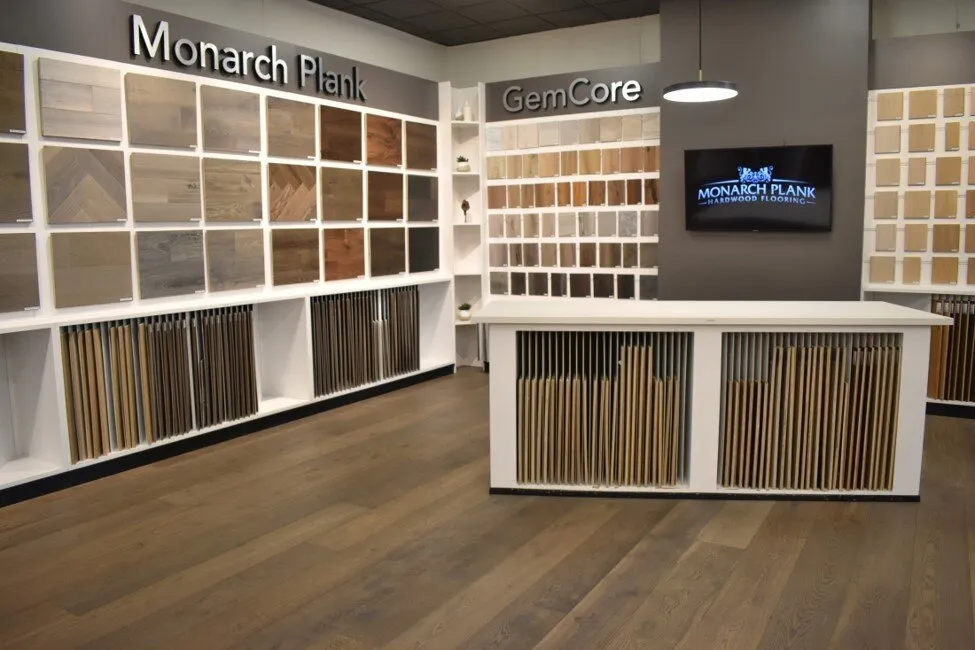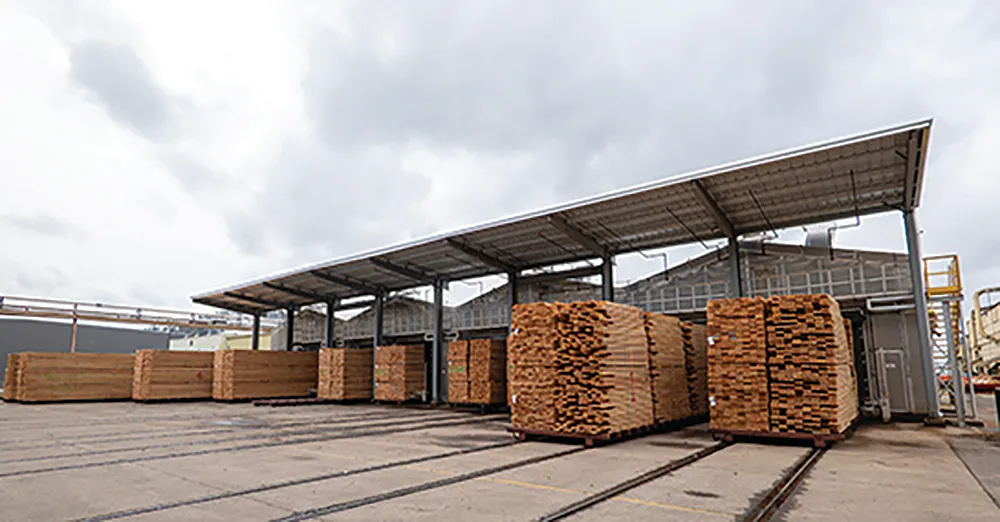Table of Contents
It wasn’t too long ago that it was inconceivable to imagine Canadian companies would be selling southern pine. But today three of the five largest producers of southern lumber are headquartered in Vancouver, B.C.
Just as dramatically, those three leading Canadian manufacturers now operate just as many—and in one case significantly more—sawmills in the U.S. than they do north of the border. The disparity seems likely to grow even larger, as the companies further expand operations in the South and idle less-profitable facilities in Canada. How did this change happen and what has been the net result?
It began inconspicuously enough in 2000, when West Fraser Timber bought a pair of southern mills from Plum Creek. The idea at the time was to spread its operations over a wider geographic base, taking its “successful, low-cost lumber manufacturing approach” closer to its customers and a “long-term, plantation-based fiber supply.”
But it took six years of spiking housing starts and Canadian producers feeling squeezed by tariffs before things really started getting interesting. At the end of 2005, Canfor also concluded it needed to diversify its product mix and establish manufacturing operations closer to its customer base in the U.S. South. It agreed to purchase New South Companies, with SYP mills in Camden and Conway, S.C., and Graham, N.C.
Eighteen months later, West Fraser entered the region by purchasing 13 southern pine sawmills from International Paper.
Canadian acquisitons into the South intensified starting about five years ago in part due to the infestation of mountain pine beetles decreasing British Columbia’s timber base. Meanwhile, billions of board feet of plantation-growth southern pine was just coming into its prime.
Through periodic acquisitions, culminating in 2018’s purchase of Elliott Sawmilling, Estill, S.C., Canfor Southern Pine is now up to 13 SYP mills.
Most newly acquired operations were immediately refurbished and expanded. But Canfor continues to regularly reinvest. Its Moultrie, Ga., sawmill just underwent a rebuild. Fulton, Al., recently added a profiler and is currently building a new planer mill. Urbana, Ar., just completed adding a new continuous dry kiln. Hermanville, Ms., is getting additional sorter bays so it can pull more value-added product. And Camden is undergoing a full mill upgrade expected to be completed in 2020.
“We are making significant investments in our U.S. operations because all the essential elements are pointing to a bright future for our industry,” noted Fred Stimpson, president of Canfor Southern Pine. “The U.S. South offers a strong timber basket, a favorable business climate, access to a quality workforce, and an in-depth knowledge of sawmilling and the lumber industry. With the addition of Canfor’s recent acquisitions, we will be the largest global softwood lumber producer in the world and our operations in the US south are key to our success.”
In 2013 and 2014, Interfor acquired nine Southern sawmills—seven of them in Georgia. “Interfor recognized opportunity in the U.S. South to grow its business because of the favorable business environment, attractive sustainable and well-managed timber supply, proximity to end-use markets, and sawmills with untapped potential,” said public affairs manager Tim Lowrimore. “Another great advantage (was) the opportunity to diversify its product profile with the SYP lumber business.”
Interfor recently announced a $305-million capital investment plan to grow its SYP production. It has allocated nearly $200 million to rebuild and modernize operations in Eatonton and Thomaston, Ga., starting this fall. An additional $65 million was spent on just-completed upgrades in Meldrim, Ga., and Monticello, Ar.
West Fraser added two independent mills in Arkansas in 2014 and seven from Gilman in 2017. In total, West Fraser operates 22 Southern mills with a combined annual capacity of 3.1 billion bd. ft. As West Fraser has acquired mills, it has put each of them through Sustainable Forestry Initiative certification for fiber sourcing.
Conifex Timber Ltd. first entered the South in 2015 with its $21-million acquisition of an idled Georgia-Pacific sawmill in El Dorado, Ar. It promptly invested another $100 million over the next two years modernizing the facility and bringing it back on line with an annual capacity of 180 million bd. ft.
Last year, Conifex purchased two more SYP mills—in Glenwood, Ar., and Cross City, Fl.—doubling its capacity in the South to 550 million bd. ft. and matching its output in B.C. Both mills completed extensive refurbishments in 2017.
Tolko, Vernon, B.C., is also partnering with Southeastern Timber Products on tripling the size of STP’s mill in Ackerman, Ms.
Canada’s top lumber producers have made themselves at home in the South, and see a shared bright future for their companies and for the industry in their newly adopted communities.









